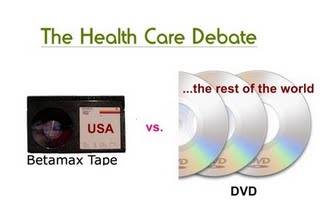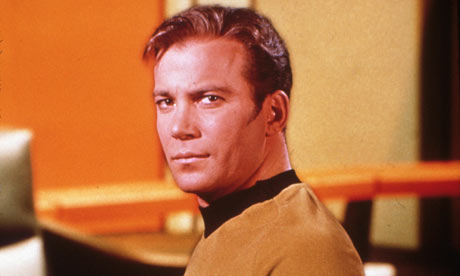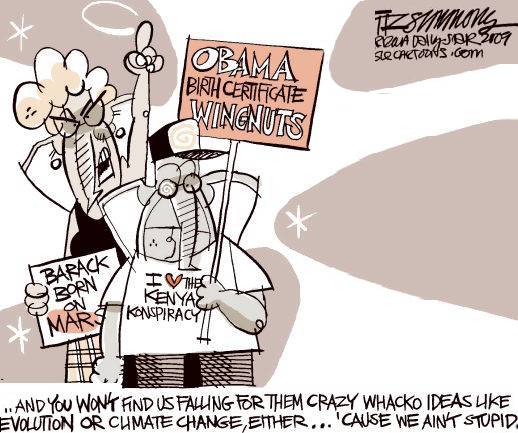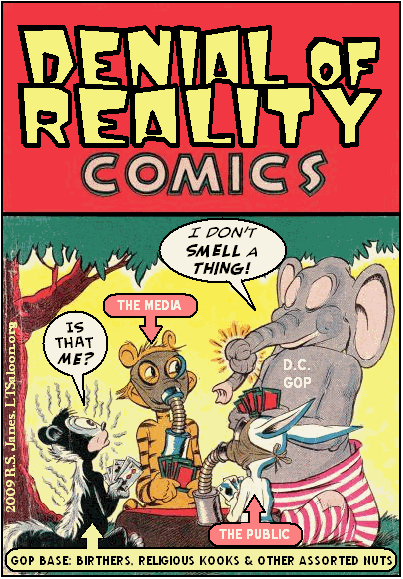First, a little confession.
While this story pretends to be about things becoming free, that's only in the sense of free samples; buy one, get one free; bare bones for free in hopes of selling the deluxe version; free but with advertising. You know the drill.
But now free is the new black — chic, essential, even sexy.
A few years into this young century, every mouse click makes clearer that some things will be free whether the folks who produce them want to give them away or not.
Music. Software. Books. Or, for instance, this article (at least on the Web).
Some marketplace analysts — most prominently
in his latest book, "Free: The Future of a Radical Price" — suggest that even as digital technology and the Internet shrink the price of many forms of work to free, free can also offer a new way to turn a buck.
"People are making lots of money charging nothing. Not nothing for everything, but nothing for enough that we have essentially created an economy as big as a good-sized country around the concept of $0.00," writes Anderson, the editor of Wired magazine.
"It's driven by an extraordinary new ability to lower the costs of goods and services close to zero," he writes. (The digital version of his book is free. The bound version will set you back $26.99.) "This new form of free is based on the economics of bits, not atoms. ... The bits economy is deflationary."
At the heart of his argument is one of the most reliable adages of the Digital Age: The time-tested Moore's Law that accurately predicted that the cost of computer processing will drop by half at least every two years.
That means computer processing, bandwidth, data storage and, Anderson argues, anything "made of ideas" becomes ever cheaper. So inexpensive—a single transistor in 1961 cost $10, enough to buy almost 2 million transistors today—that he thinks we might as well "round down to zero." Or free.
Google and Microsoft, the rival giants birthed by the computer processor, seem at war over who can give away the most: operating systems, Web browsers, office software, e-mail, Internet searches. The one that gets people to take the most freebies could dominate your desktop.
To be sure, free is to the digital universe what water is to restaurants.
The posting and viewing of YouTube videos. The operating system on your Android-based cell phone. Scores of apps for your iPhone. Software programs for slide shows, for your taxes, for your games, for Internet phone calls. Almost endless storage space for digital photographs, text documents or self-referential minutiae on Facebook.
"The notion behind free is that companies can create a demand for their product by giving it away," said Chris Kuehl, managing director of Armada Corporate Intelligence in Kansas City, Kan.
Kuehl's business has done just that recently, giving away three market analyses it values at $5,000 to the Fabricators and Manufacturers Association.
"We'll do work for clients gratis on the assumption that they'll find it so helpful that they can't live without it," he said. And, in fact, he said the strategy landed Armada paying work with the association.
Anderson's book argues that free is rapidly becoming the default price of virtually anything that can be reduced to 1s and 0s in a computer and replicated endlessly on the Internet.
Old-school folks talk derisively of a mostly younger set that insists, in the words of "Whole Earth Catalog" creator Stewart Brand, "information wants to be free."
The right-to-free argument sometimes boils down to two points.
First, it would be undemocratic to let money determine who can read or listen to or play with the products of the mind.
Second, people are bound to pirate digital goods and services anyway, so better to use free to lure customers to things that you can coax them to pay for.
http://www.popmatters.com/pm/article/108918-selling-stuff-for-free-is-a-boom-market-but-at-what-cost/




 EBay is working on software to replace the guts of
EBay is working on software to replace the guts of  A Fox affiliate reports that the Massachusetts National Guard began probing the racist email sent by Capt. Justin Barrett, a Boston cop, a week ago.
A Fox affiliate reports that the Massachusetts National Guard began probing the racist email sent by Capt. Justin Barrett, a Boston cop, a week ago.


 When the employees of
When the employees of 




 While
While 






 The small cocktail or "baby" carrots you buy are made using the larger crooked or deformed carrots which are put through a machine which cuts and shapes them into cocktail carrots. You might have known that already. But what you might not know is that once the carrots are cut and shaped into cocktail carrots, they are dipped in a solution of water and chlorine in order to preserve them.
The small cocktail or "baby" carrots you buy are made using the larger crooked or deformed carrots which are put through a machine which cuts and shapes them into cocktail carrots. You might have known that already. But what you might not know is that once the carrots are cut and shaped into cocktail carrots, they are dipped in a solution of water and chlorine in order to preserve them.












 In a major U-turn from its claims during the Bush administration, the Commodity Futures Trading Commission is now set to admit that speculation in oil markets — and not the forces of supply and demand — are behind last year's massive oil price spike.
In a major U-turn from its claims during the Bush administration, the Commodity Futures Trading Commission is now set to admit that speculation in oil markets — and not the forces of supply and demand — are behind last year's massive oil price spike.



 The Taliban is mounting a public-relations campaign to try to win the hearts and minds of Afghans with their own version of a field manual that urges efforts to limit civilian casualties.
The Taliban is mounting a public-relations campaign to try to win the hearts and minds of Afghans with their own version of a field manual that urges efforts to limit civilian casualties. 







